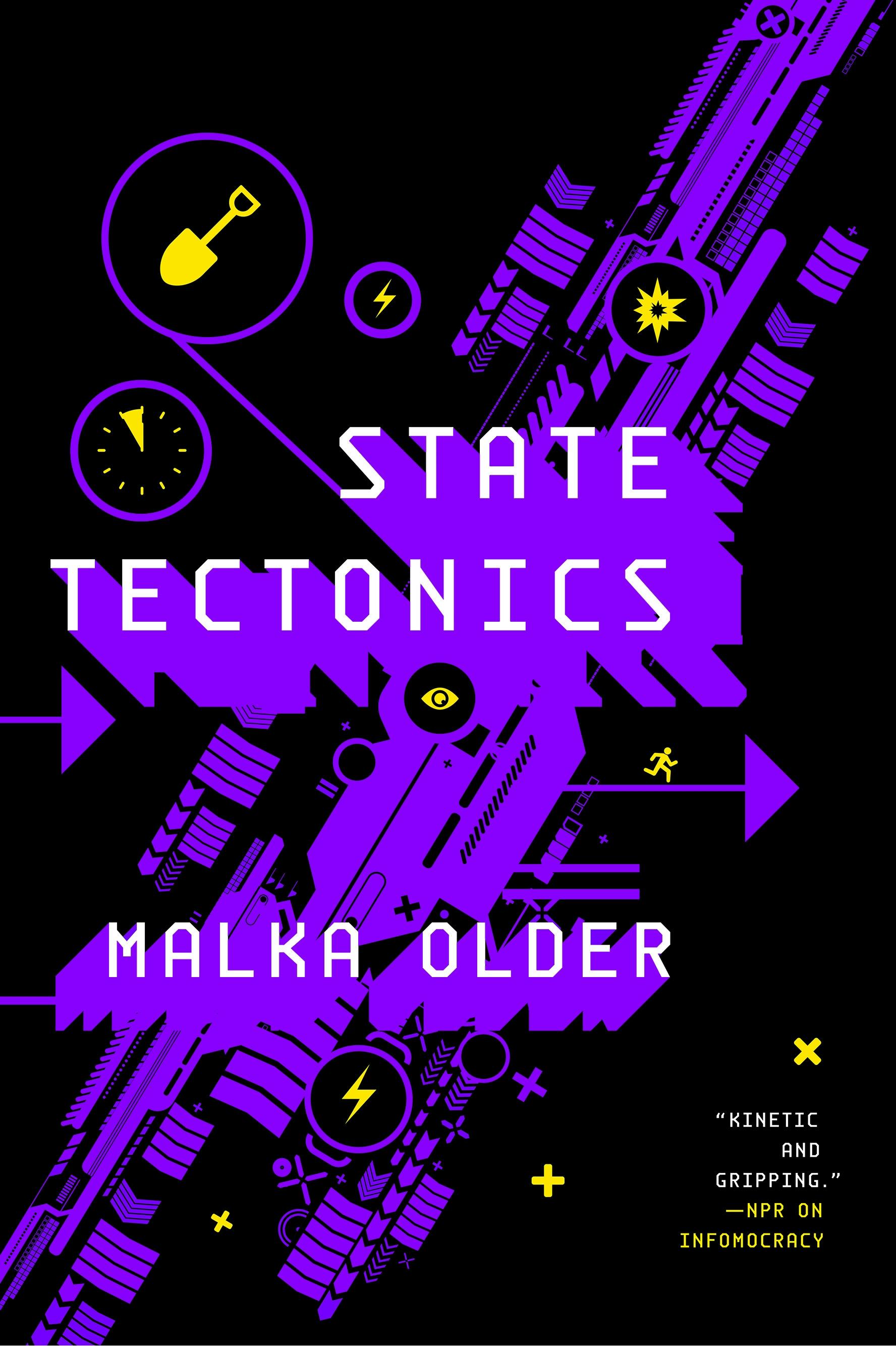

Both of these are tensions that the author has played with, especially with her secret agent outing in Null States. Even more so that she has narrative disorder, which is an interesting bit of meta reflection on the fact that she’s a character in a novel. For a novel about politics, and social systems, and the future of democracy, it has amused me that one of the central characters is, in fact and practice, a secret agent. Since her first appearance in Infomocracy, Mishima has been, for me, the star of the series. The novel begins and ends with its strong cast. Malka Older’s State Tectonics brings the story of these challenges to this political system to the fore and to a head. But the greatest threat to the Centenal system is a hitherto unknown one-one from inside Information itself.

Other more militaristic nations might overwhelm nearby Centenals. Sure, the remaining legacy nations have their problems with the dominant Centenal system and might, like China, seek to subvert it and change it for its own ends. State Tectonics concludes Malka Older’s Centenal Cycle trilogy, bringing to a head the tensions and potentials for change that have been laid in Infomocracy and continued through Null States.īy the end of the second volume of the Centenal Cycle, Null States, the threats to the 21st century political and social order, the dominance of 100,000 person micro democracies, the centenals, has been laid bare and made clear.


 0 kommentar(er)
0 kommentar(er)
